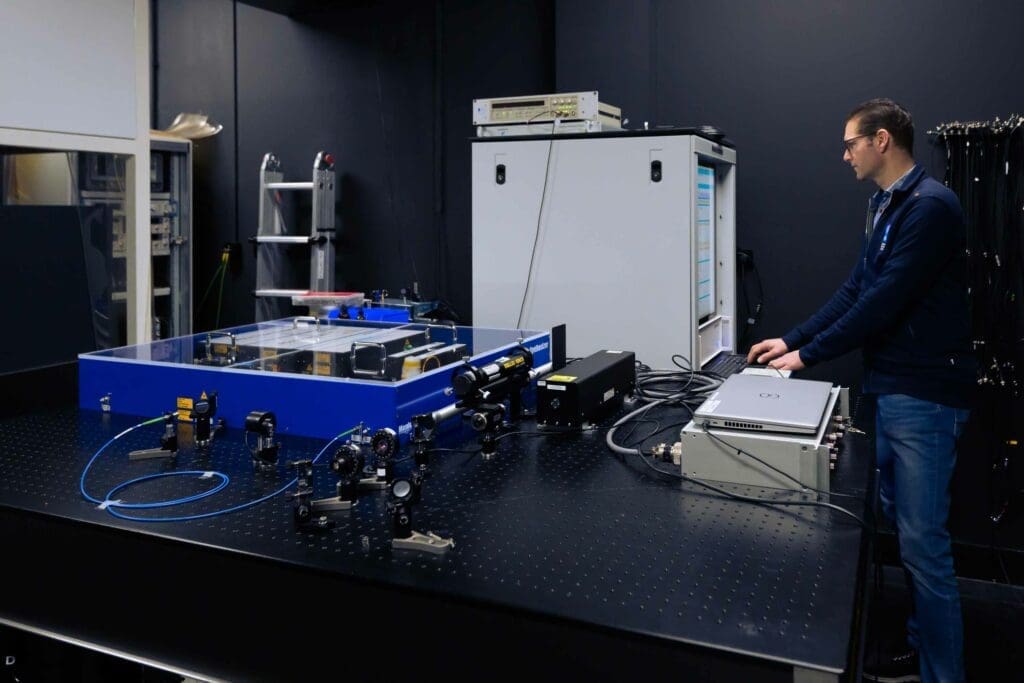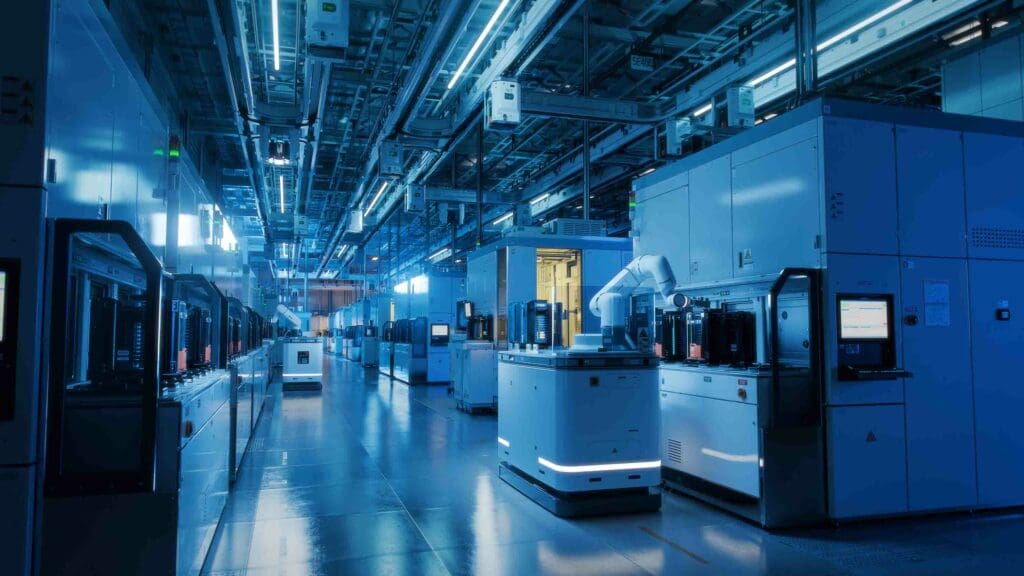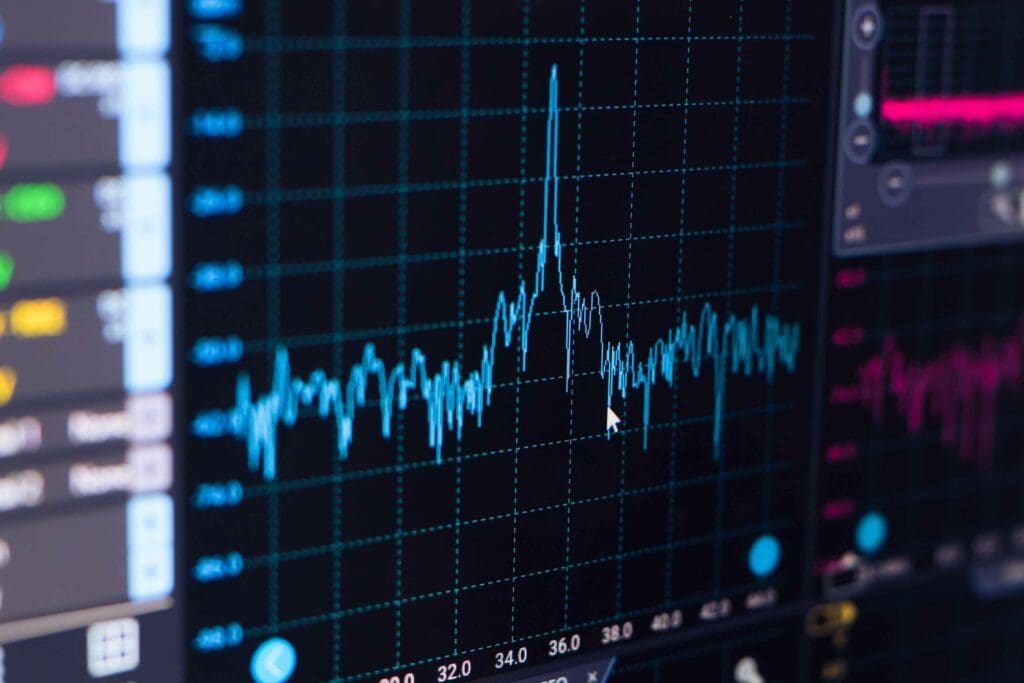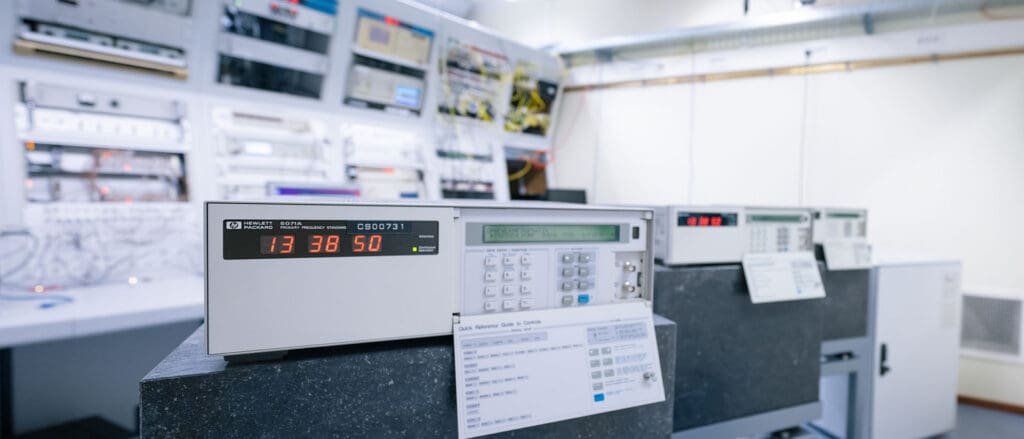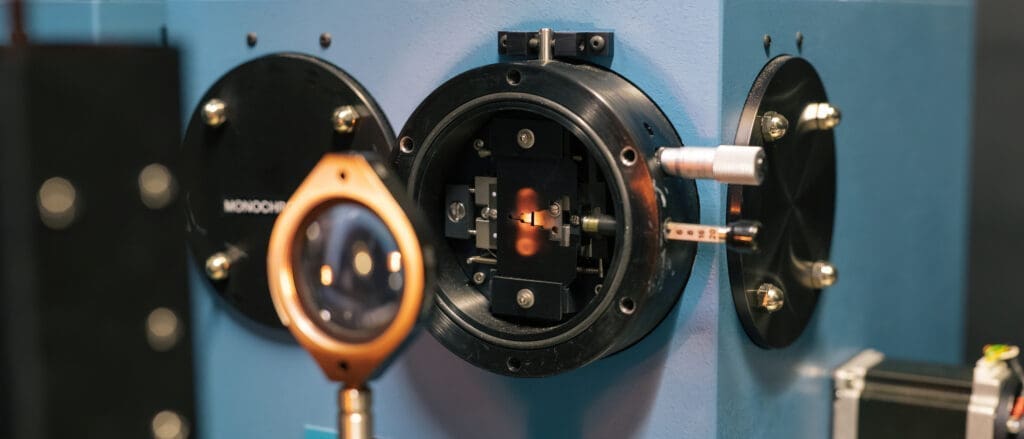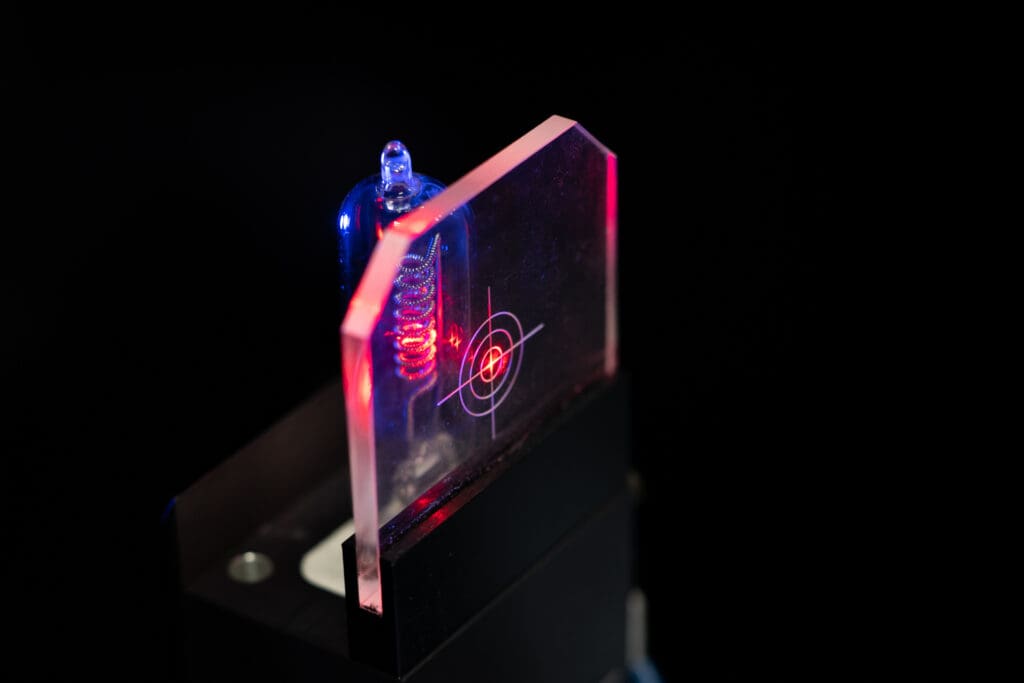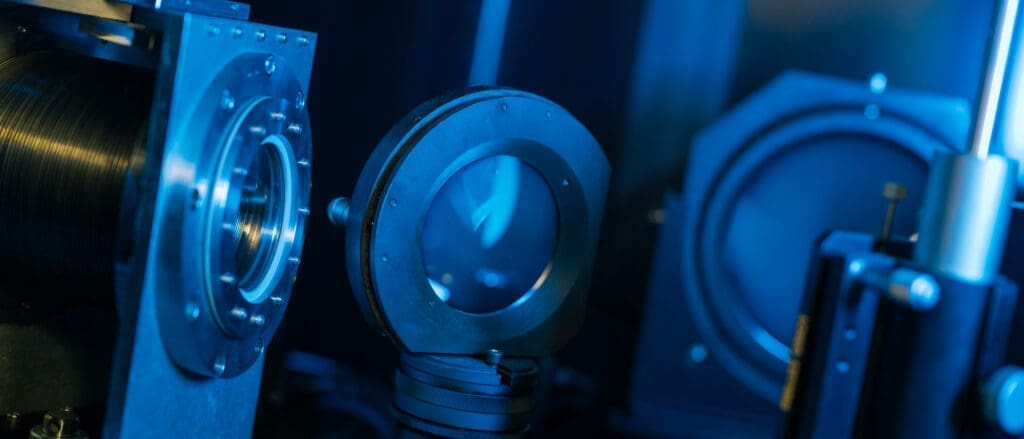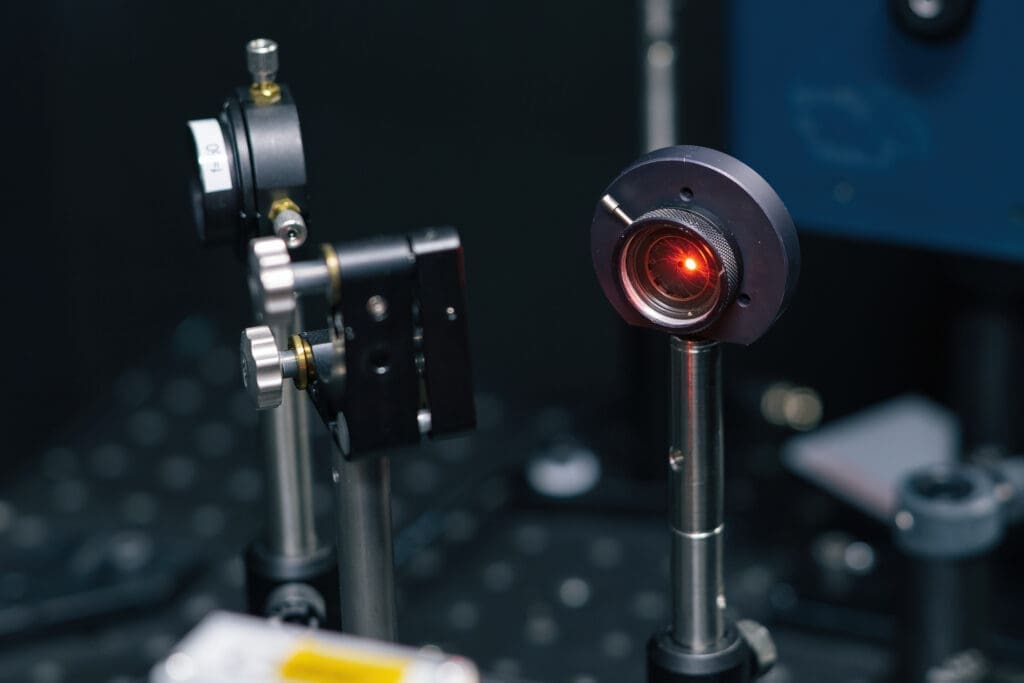Instrument Transformers for Power Quality Measurements (IT4PQ)
Projects
Instrument Transformers for Power Quality Measurements (IT4PQ)
Extensive integration of renewable energy sources into the European electricity distribution system is required for the implementation of “green growth” strategies. However, it also contributes to an increase in grid disturbances, resulting in deteriorating power quality (PQ) and significant costs for industry. Therefore, monitoring of power quality in electricity grids is crucial and PQ indices and PQ analyzers are very well standardized.
When measuring PQ in a distribution grid at medium voltage (i.e., up to 36 kV), apart from the standardized analyzers mentioned before, one also requires instrument transformers to scale the voltage and current signals down to levels that can be handled by the analyzers. As is well known in the literature, these instrument transformers can cause considerable errors in PQ measurements. Nevertheless, there are hardly any standards available setting requirements on the instrument transformers used for PQ measurements. The goal of this project is therefore to fulfill the needs of IEC TC 38 “Instrument Transformers” to establish PQ-relevant indices for performance assessment of instrument transformers, test procedures, reference setup requirements, and methodologies to quantify uncertainty contributions.
.
Our role
VSL is leading the work package defining the requirements for the measurement transformers. Furthermore, VSL’s main task within the project is to develop a measurement setup for the on-site calibration of instrument transformers for PQ measurements. The VSL work concentrates on measuring the output of the transformers using a broadband comparator.
Start date: August 1, 2020
End date: July 31, 2023
–

Would you like to know more about our services?
Our experts are happy to help.
Helko van den Brom
Principal Scientist Electricity
Projects
Our expertise in practice
Read more about our projects







